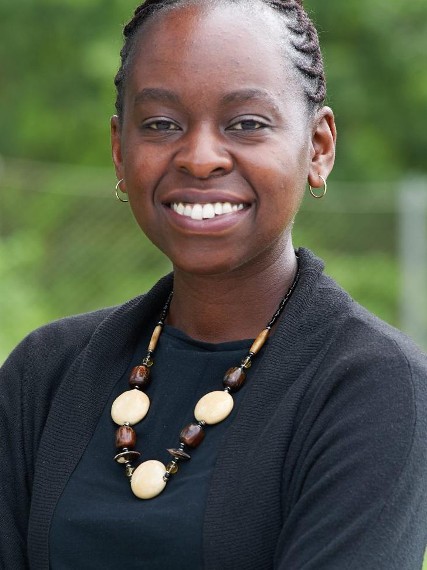South Africa has the largest number of people living with HIV in the world and a rapidly aging population. In recent years, with expanded availability of anti-retroviral treatment, many adults are aging with HIV, and further, increasing numbers are acquiring HIV at older ages. Despite these population concerns, research on the causes and consequences of the HIV epidemic among older South Africans is limited. The overall goal of HIV after 40 is to examine life course and contextual variation in HIV risk and protective behaviors in a rural sub-Saharan African population among a largely neglected demographic in HIV research: adults aged 40-85.
In this talk, Sanyu Mojola will give a broad overview of the project, drawing from a series of mixed methods papers from her research group describing the HIV epidemic among middle aged and older adults; examining how and why sexual risk and protective behavior varies across the life course; and examining the role of social contexts such as workplaces, households, and communities in shaping HIV risk and protective behavior in the transition from middle to older ages. Finally, she will discuss the shifting socio-epidemiological context and rural South Africa’s complex epidemiological transition.


